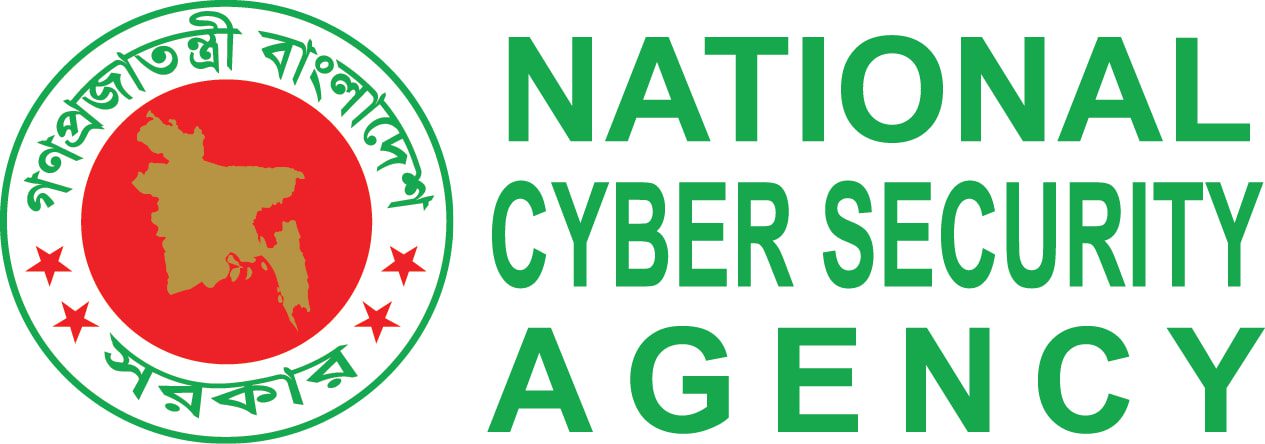In a significant escalation of its crackdown, the interim government of Bangladesh has initiated moves to shut down the online presence of the Bangladesh Awami League and all its front and affiliated organisations.
The action follows a wider ban on the political activities of these groups, imposed amid ongoing trials at the International Crimes Tribunal. Top leaders of the Awami League are facing charges of crimes against humanity linked to the deaths of hundreds during a mass uprising last year, which ultimately led to the fall of the Awami League-led government and the removal of Sheikh Hasina as prime minister.
This marks the latest blow to Bangladesh’s oldest political party—widely recognised for its historic role in the country’s liberation struggle in 1971 but now facing sweeping restrictions under the Anti-Terrorism Ordinance.
On Tuesday, the National Cyber Security Agency issued a formal directive to the Bangladesh Telecommunication Regulatory Commission (BTRC), instructing it to block the digital platforms of the banned groups.
This includes their websites, Facebook pages, YouTube channels, TikTok accounts, Telegram groups, and X (formerly Twitter) accounts. The development was confirmed by Fayez Ahmed Tayyab, special assistant to the chief adviser on Posts, Telecommunications, and Information Technology, in a statement to a national newspaper.
The digital clampdown follows a government gazette notification issued the previous day by the Ministry of Home Affairs, which officially banned all activities of the Awami League and its affiliate organisations.
The order prohibits all forms of publication, media activities, social media campaigning, rallies, meetings, and conferences associated with these groups.
On the same day, the Election Commission announced the suspension of the Awami League’s registration as a political party—effectively disqualifying it from participating in future national elections.
Sources at the BTRC and the National Cyber Security Agency have indicated that the government intends to formally notify major global technology firms, including Meta and Google, requesting the blocking of social media accounts and removal of content linked to the banned organisations.
These requests are expected to reference both legal grounds and the government’s recent policy decisions.
However, the government’s ability to enforce a complete digital ban may be limited.
Fayez Ahmed Tayyab said while the government can technically block websites within Bangladesh, it lacks the authority to unilaterally remove content or suspend accounts on international social media platforms.
“The government can only block websites. For content removal or account suspension, we must request action from platforms like Meta and Google. These companies then decide whether to act, based on their internal guidelines and policies,” he explained.
Transparency data from both Meta and Google suggest that such government requests have yielded only partial results.
According to Meta’s most recent transparency report, between January and June 2024—when the Awami League was still in office—Meta restricted access to 2,940 items in Bangladesh following BTRC requests.
Google’s transparency report for 2024 shows that Bangladesh submitted 490 removal requests, covering 5,827 items. Of these, 68.2 per cent were not acted upon during the first half of the year, and 45.8 per cent received no action in the second half.


